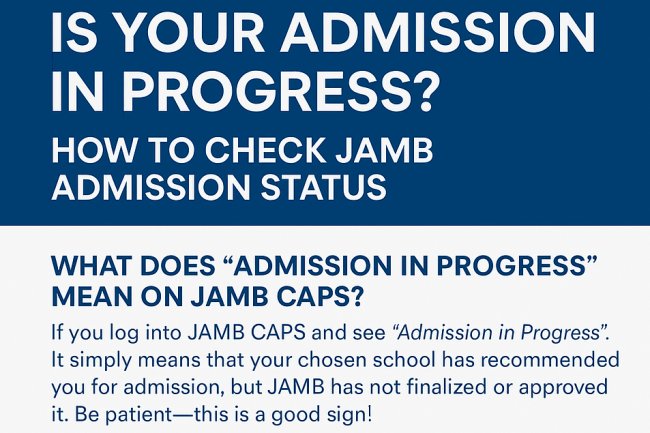Every year, thousands of Nigerian students put in the hard work and score impressively high in the Joint Admissions and Matriculation Board (JAMB) exams. Yet, despite their stellar performance, many still fail to gain admission into their desired universities. Why does this frustrating paradox exist?
One major factor is the issue of quota system. Nigerian tertiary institutions are allocated a specific number of students they can admit per department or faculty. This quota is based on carrying capacity, which is often far below the number of qualified candidates. So even if you score 300+ in JAMB, if the department can only take 100 students, and you’re ranked 101st, you're out.
More so, only about 45% of the available quota is reserved for merit-based admission. The rest is divided among catchment areas and discretionary slots, which are often influenced by political connections or internal lobbying. This drastically reduces the chances for even the most deserving candidates who don’t fall into special categories or have “connections.”
Unfortunately, the politicisation and monetization of the admission process cannot be ignored. In some cases, candidates with lower scores are admitted over higher scorers simply because they can afford to pay or have someone pulling strings behind the scenes.
It’s a painful truth: admission in Nigeria isn’t just about how high you score, but how well you navigate the system.
If you or someone you know is preparing for admission and wants to avoid the heartbreak of rejection, book a consultation with AIP Consultant today. Let experts guide you through a smart strategy for securing your admission the right way
: JAMB admission Nigeria, high JAMB score no admission, Nigerian university quota system, university carrying capacity Nigeria, merit based admission Nigeria, catchment area admission Nigeria, admission politicisation Nigeria, monetization of university admission, reasons for admission denial Nigeria, how to secure admission Nigeria.













Leave a comment